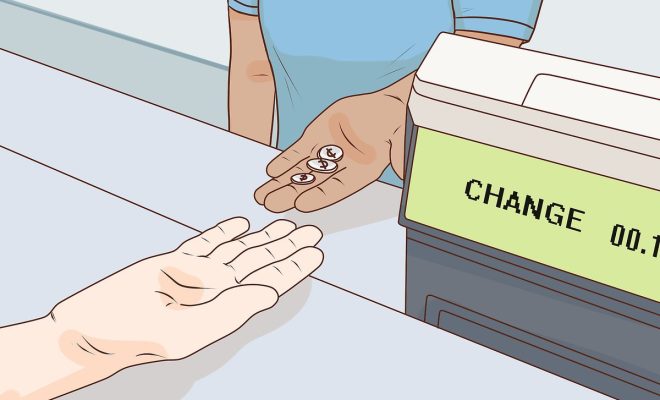How to Interview a Suspect: 13 Steps

Introduction:
Interviewing a suspect is a crucial part of any investigation. The purpose of the interview is to gather valuable information that can help to solve a case. To effectively interview a suspect, detectives need to apply a set of skills and techniques that ensure accurate information is collected while maintaining both professionalism and respect. Here are 13 steps that can help you interview a suspect effectively.
1. Preparation:
Before conducting an interview, gather as much information as possible about the suspect, the crime, and potential witnesses. Review evidence, statements, and any other relevant details.
2. Choose the location:
Select an appropriate location for the interview, such as an interrogation room at the police station. Ensure it’s quiet and free from distractions.
3. Build rapport:
Begin with casual conversation to build rapport with the suspect. This helps create a comfortable atmosphere conducive to open communication.
4. Control your non-verbal communication:
Be aware of your body language and facial expressions during the interview, as they can affect how the suspect perceives you.
5. Use open-ended questions:
Ask open-ended questions that encourage the suspect to provide detailed answers about their involvement in the crime or alibi.
6. Let them talk:
Allow the suspect to speak without interruption. Giving them time and space to talk may reveal vital clues or inconsistencies in their story.
7. Listen actively:
Pay attention to what the suspect says, as well as how they say it. Look for verbal and non-verbal cues that may indicate dishonesty or hidden emotions.
8. Be assertive but respectful:
Maintain authority during the interview while remaining respectful in tone and approachable in demeanor.
9. Challenge inconsistencies:
If you notice contradictions or discrepancies in the suspect’s story, confront them calmly and ask for clarification.
10. Use silence strategically:
Don’t be afraid of silence during an interview; it can prompt the suspect to reveal more information.
11. Document everything:
Take detailed notes throughout the interview, including the time and place of the interview, suspect’s responses, and your observations.
12. Know when to halt the interview:
Recognize signs that the interview is no longer productive, such as circling back to repetitive statements or experiencing high levels of distress.
13. Debrief and analyze:
After completing the interview, review your notes, identify key insights gained, and determine how they fit into the overall investigation.
Conclusion:
An effective suspect interview requires patience, strong communication skills, and thorough preparation. By applying these 13 steps throughout the process, you can gather valuable information that aids in solving cases and ensuring justice is served.

